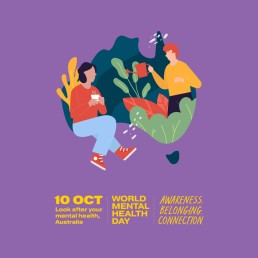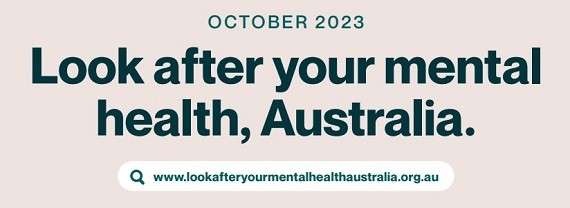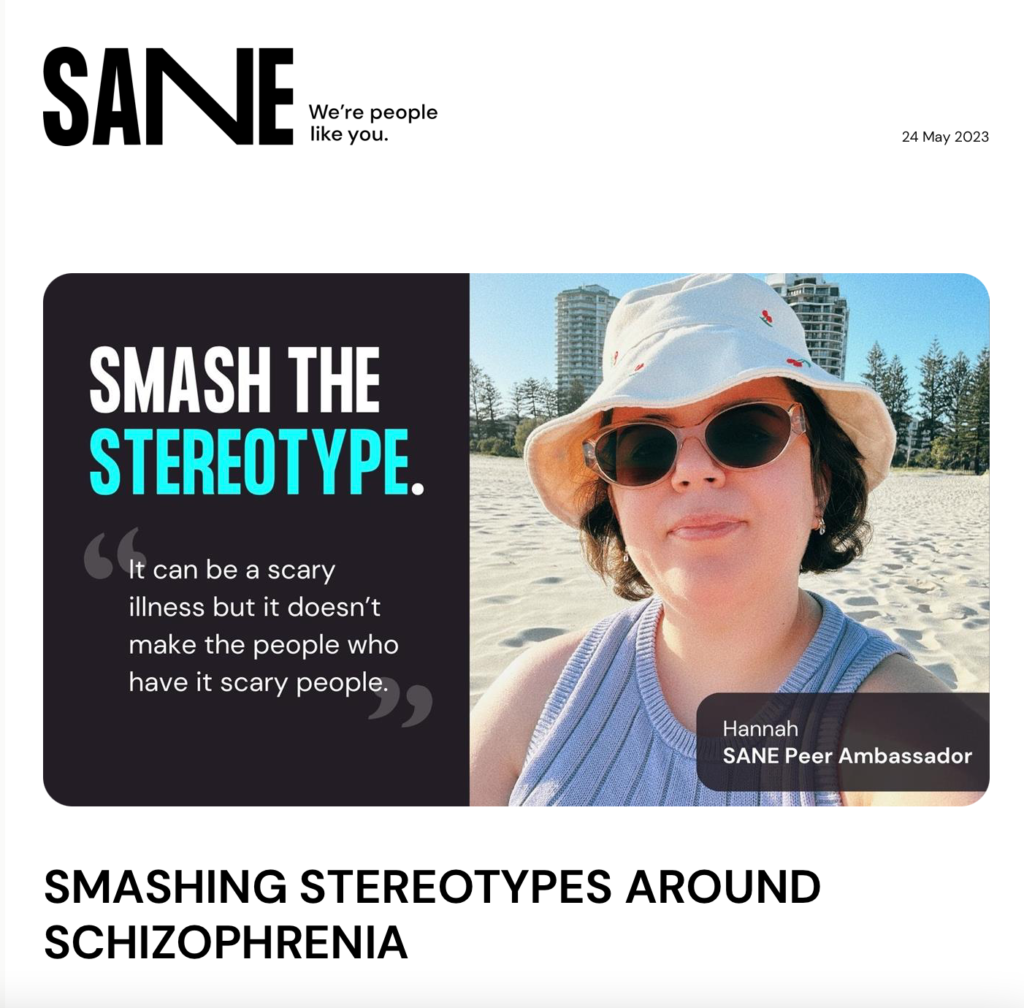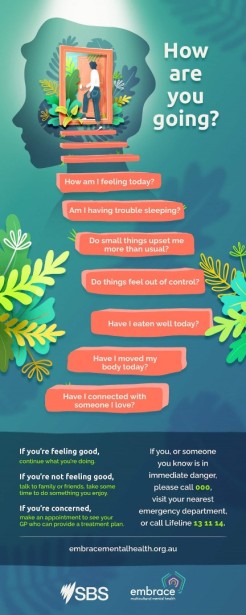|
Category Archives: Media
Department of Health Warning on Ayurvedic medicines
Ayurvedic medicines
The Department of Health has been notified that some Ayurvedic medicines for sale in grocery stores in Victoria contain ingredients – including lead – that are scheduled poisons.
The Victorian Department of Health also continues to receive notifications of cases of lead poisoning caused by the ingestion of Ayurvedic medications that are contaminated with lead and imported from overseas.
Advice for public
- An ‘AUST R’ or ‘AUST L’ number on the packaging of products indicates that they are approved for supply by the Therapeutic Goods Administration.
- Anyone who is using Ayurvedic medicines purchased or imported from overseas or purchased in Victoria where the product does not have this number should stop consuming the product immediately.
Advice for Clinicians
- Anyone taking unapproved medicines with potential symptoms of lead poisoning should be screened for lead toxicity.
- These incidents are a timely reminder about the value of asking patients if they use complementary medicines and where they purchase the products from.
- For advice when poisoning or suspecting poisoning occurs contact the Victorian Poisons Information Centre on 13 11 26.
SANE Newsletter 24 May 2023
More than 24 million people worldwide live with a diagnosis of schizophrenia. But despite this statistic, community awareness around the condition is still low and stigma still remains. |
This week, we are sharing stories from people with lived experiences of schizophrenia, like Hanna, one of SANE’s peer ambassadors, to encourage people to take a moment to ‘walk in another person’s shoes’ and challenge the stereotypes that still exist.We are encouraging other people in our network to share their stories and find ways to raise awareness. |
|
|
Click here to read more about Hannah’s story |
Click here to read the complete SANE newsletter: https://saneaustralia.cmail20.com/t/t-e-zwsz-jtuyyktuki-r/
News from Mental Health Australia Weekly Update April 2023
New specialist mental health and addiction serviceA new statewide specialist service opened this week for Victorians with co-occurring mental health and substance addiction issues. Turning Point, Australia’s leading addiction treatment and research centre, led the design and delivery of the Hamilton Centre and will lead a clinical network that will support the Hamilton Centre’s functions across the state. |
|
|
Mental health and wellbeing reform in Victoria 2 March 2023
The following paragraphs are excerpts from an update by the Deputy Secretary, Mental Health and Wellbeing 2 March 2023
Mental Health and Wellbeing Act 2022 – A new Q&A
Our new ‘Q&A’ aims to promote understanding of the Act and the activities underway to support implementation. We’ll start this series with a question about the broader goals the Act is trying to achieve. You can email your questions to mhwa@health.vic.gov.au.
Q: ‘What does the new Act do?’
A: The new Mental Health and Wellbeing Act 2022 delivers on the Royal Commission’s vision for rights-based mental health and wellbeing laws which reflect the diverse needs of our communities and creates the structures that will hold government to account on providing a high-quality, compassionate public mental health and wellbeing system.
The new Act puts people with lived and living experience of mental illness and psychological distress, and their families, carers and supporters at the centre of the mental health and wellbeing system. It does this through the introduction of new rights-based objectives and principles and the inclusion of designated lived experience roles at the highest levels of new and existing governance and oversight entities.
It also establishes key elements of the new system architecture, including the Chief Officer for Mental Health and Wellbeing, statutory Regional Mental Health and Wellbeing Boards to provide advice on the planning and commissioning of services at the local level, the new Mental Health and Wellbeing Commission, a legislated opt-out non-legal mental health advocacy service and Youth Mental Health and Wellbeing Victoria.
The Act will ensure the legislative framework reach beyond merely authorising and regulating the use of compulsory treatment and restrictive interventions and enable a connected and coordinated system where people do not fall through the cracks and receive the treatment, care and support they need.
Please email your questions to mhwa@health.vic.gov.au
Calendar of engagement opportunities
This calendar reflects the most up-to-date view of upcoming mental health and wellbeing engagement opportunities, including consultations, EOI processes and tenders.
Targeted engagement refers to engagement activities where we are seeking input from priority groups and cohorts. In many cases, we will be working with peak bodies and organisations that represent those communities to identify participants, including people with lived and living experience.
Open engagement refers to public engagement activities where anybody with an interest in the work is welcome to contribute. Where available, we will provide a link to where you can find out more about the engagement and how to participate.
Last updated: 2 March 2023.
Update from Mental Health Australia 14 October 2022
Self-check in infographic
As part of the Mind Your Health wellbeing initiative launched by SBS this October, the Embrace Project in collaboration with SBS has adapted a self-check in infographic that sets out six questions for an individual to reflect on when assessing their own health and wellbeing.
Ruth Das, Embrace Project Lead – Partnerships and Engagement spoke to SBS about the specific aspects that an individual should consider when answering each question in the self-check-in. You can check out the article here.To find out more information and access articles, podcasts and videos in English and in a number of languages visit here.
The Embrace Project would like to say a special thanks to SBS, Centre for Rural and Remote Mental Health and the Embrace Lived Experience Group.
Inner South Family and Friends upcoming events for October and November 2022
WELCOME TO OCTOBER – MENTAL HEALTH MONTH AND CARERS WEEK 2022
Alfred Health Carer Services has a wide range of wonderful programmes to celebrate Mental Health Month. https://www.alfredhealthcarers.org.au/
Carers Victoria https://www.carersvictoria.org.au/ has a wide range of wonderful programmes to celebrate Carers Week 2022 – Sunday October 16 to Saturday October 22
These are two organisations that we should all join. Each provides support, education, activities and events targeted at us. They advocate for us and need as many members as possible. The more members they have, the greater their power to advocate for us. Membership is free. If you are not yet a member, please join to benefit you, your loved ones and the mental health and carer community.
INNER SOUTH FAMILY AND FRIENDS UPCOMING EVENTS
Monday 10 October 2022, 12.30pm-2pm – ISFAF Event for World Mental Health Day
There IS such a thing as a free lunch. Please join ISFAF and AMAH staff at ground level 549 St Kilda Road, Melbourne.
This location has been chosen as we have invited staff of AMAH, most of whom work nearby.
Your contributions – fiscal or nutritional – are welcome, but not required.
For catering purposes, kindly respond to isfaf@alfred.org.au by 5pm Monday 3 October
Tuesday 11 October 2022 , 7.30pm – ISFAF Monthly Meeting
Topic: Psychosis, Psychedelics and Mental Health
Guest Speaker: John Watkins, Psychologist, Educator, Writer and Researcher
John has written many books. He has specifically referred us to read his book ‘Únshrinking Psychosis’, especially chapter 7 which discusses psychedelics. ISFAF library has a copy which is currently on loan. It is a great reference book well worth owning. However if you cannot buy one in time, borrow from your local library and encourage the library to buy extra copies.
Venue: Level Four, Spotless Building, 549 St Kilda Road, Melbourne
Tuesday 8 November 2022 – ISFAF Monthly Meeting
Do you have lived experience as a carer?
Do you want to be heard?
Is the system not working for you?
Are you frustrated at times?
Let’s Brainstorm with Sue Belmore, Senior Consumer Consultant in Quality Governance AMAH and Jaqueline Rozario, Carer Consultant AMAH to workshop how to make the system work better for us as carers and subsequently for our loved ones. Come armed with your feedback and ideas. All feedback and suggestions welcome. Violeta Peterson who is returning to AMAH as Director of Lived Experience plans to join us.
Venue: Level Four, Spotless Building, 549 St Kilda Road, Melbourne. The “Spotless / Downer Building’ is a little to the city side of Wesley College and has white umbrellas in the forecourt. At night there is lots of free parking in the centre lanes of St Kilda Road, but beware, parking during the day is expensive and difficult. Prahran Station is 1km away and St Kilda Road trams stop at the door. If you are having trouble with transport/seek further information or just need a chat, please phone Judi on 0425 723 746
For all meetings, please come early to enjoy post lockdown return to our customary snack and chat. For evening meetings, a light supper is available from 7.10pm. Due to security needs, we are required to pay a concierge at the door of the building. If you come late you may not be able to enter.
PLEASE NOTE THIS MEETING HAS BEEN CHANGED FROM 18 OCTOBER TO 8 NOVEMBER 2022
Sunday 6 November 2022 – ISFAF Film and Lunch
Exact times to be advised after confirmation of your booking at isfaf@alfred.org. If you have any questions, please phone Eleni on 0412 018 722 or judi on 0425 723 746.
Film: Mrs Harris Goes to Paris (approximately 10am) at Como Palace Cinema, corner Chapel Street and Toorak Road South Yarra. See it with ISFAF and enjoy a delicious lunch across the road at Blossom Thai immediately after.
See it with ISFAF and enjoy a delicious lunch across the road at Blossom Thai immediately after.
Lunch at Blossom Thai (approximately 12.45pm) 37 Cunningham Street, South Yarra.
Bookings are essential by Monday 31 October
Pensioners $12 Non-pensioners $24
Contact Eleni or Judi for bank account details
and send confirmation of payment to isfaf@alfred.org.au
Please include name(s) of individuals attending and
phone number(s) of all attending (preferably mobile).
Fringe Festival – I Survived the Psych Ward Party
I Survived the Psych Ward Party
A celebration of people who have survived/are surviving the public psychiatric system.
- Dates 23 Oct
- Time 5:00pm (60min)
- Venue Festival Hub: Trades Hall – The Studio
$5.00 – $20.00

- Presented by: Schizy Inc
- Produced by: Heidi Everett
- Created and Performed by: Artists with Lived/Living Experience
A party where words and rebellious ideas will flow as sparkly rivers full of life and love! Spoken word performance artists from the Schizy Inc wider survivor community slam poetry, mish-mash theatre and proclaim rights of reply at ‘I Survived the Psych Ward Party’. Fully Lived/Living Experience event, all mental health system survivors, friends, family and allies welcome.
“We are the music makers,
And we are the dreamers of dreams,
Wandering by lone sea-breakers,
And sitting by desolate streams; —
World-losers and world-forsakers,
On whom the pale moon gleams:
Yet we are the movers and shakers
Of the world for ever, it seems”
ARTHUR O’SHAUGHNESSY.
Mind Matters art exhibtion
Minds Matter art exhibition

Next date: Friday, 24 September 2022 | 10:00 AM to 04:00 PM
Gigi Popovic Artwork
‘Minds Matter’ is a great modern art exhibition focusing on mental health in the community.
Art is a great leveler, there is no judgement when in an art gallery because everything is open to discussion and interpretation. I want to share my creative mind with others, to start discussion on the mental health of young people. I also feel that an art environment breaks down many barriers.
This exhibition will have 2 guest speakers. Jess Reid and Stan Rodski, a neuroscientist. Both are avid art lovers and very invested in the concerns of mental health in our community.
10% of all sales will be donated to Headspace in Melbourne.
When
Thursday, 22 September 2022 | 10:00 AM – 04:00 PM
Friday, 23 September 2022 | 10:00 AM – 04:00 PM
Saturday, 24 September 2022 | 10:00 AM – 04:00 PM
Sunday, 25 September 2022 | 10:00 AM – 04:00 PM
Location
M.A.S GALLERY. Malvern. Artist Society, 1297-1299 High street Malvern Road, Malvern 3144
View Map
Update from the CEO Mental Health Australia 23 September 2022
 |
Look after your mental health, Australia!
In 2022, the focus of our annual World Mental Health Day initiative is Awareness, Belonging and Connection.
This October, encourage your stakeholders and audiences to sign up for mindful habits for mental health and follow our campaign calendar.
| Register Now |
Victorian-First Mental Health Residential Service
The Andrews Labor Government is delivering a new healing-focused mental health and wellbeing service designed for and delivered by people with lived experience of mental illness.
Because nobody knows our mental health system better than the people who’ve experienced it firsthand. Victoria’s mental health and wellbeing system is being reformed from the ground up with lived experience at the heart of new programs and initiatives.
Once open, the residential service will be independently evaluated to ensure it is best serving Victorians in distress, and guide the future expansion of peer-led services across the state.
| Read more |



